Review | Which of the 5 Major CRM Software is the Best to Use?
Amid the wave of digital transformation, Customer Relationship Management (CRM) systems have become critical tools for enterprises to enhance competitiveness. Research indicates that companies using CRM systems experience an average increase in sales efficiency of 20%, while customer retention costs are reduced by 15%. CRM systems play a vital role in improving customer relationship management efficiency, enabling data-driven decision-making, optimizing sales and marketing processes, delivering personalized customer experiences, and facilitating cross-departmental collaboration—ultimately helping businesses achieve digital transformation.
This article provides an overview of five mainstream CRM management systems available in the domestic market, analyzing their backgrounds, strengths and weaknesses, suitable company types, and how they contribute to business growth.
1. Fenxiang Sales

Fenxiang Sales is a highly recognized CRM system in the domestic market, consistently featured on the Hurun Global Unicorn List for several years. Its user base includes well-known enterprises such as Genki Forest and Mengniu. Fenxiang Sales offers comprehensive functional coverage, including marketing, sales, service, and channel management modules, and supports high customization, making it suitable for medium and large enterprises.
The only drawback is that its extensive functionality may not be ideal for users seeking a lightweight CRM with simple operations. It is particularly well-suited for medium and large enterprises in industries such as high-tech, modern enterprise services, FMCG, agriculture, and manufacturing, significantly enhancing management efficiency.
2. Salesforce
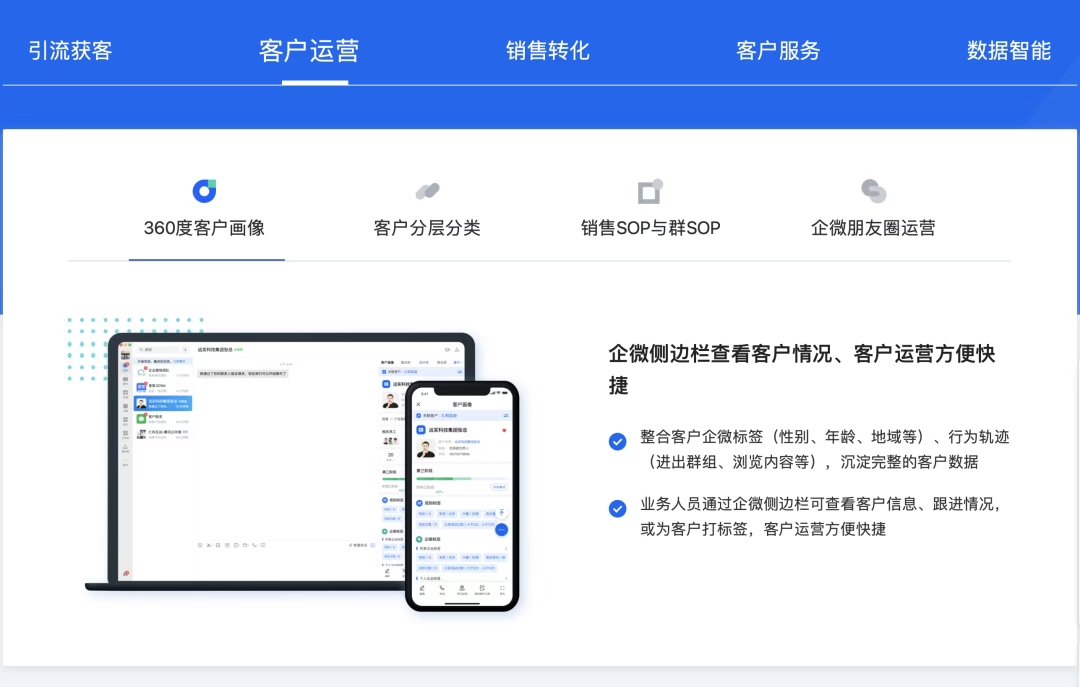
As a globally leading CRM solution, Salesforce is renowned for its powerful customization capabilities and extensive ecosystem. It provides sales automation, Service Cloud, marketing automation, AI analytics tools, robust third-party integrations, and customer support.
However, its higher pricing may be less friendly to small and medium-sized enterprises. It is ideal for large enterprises with global operations, effectively helping them automate and intelligentize business processes while improving customer service levels.
3. Zoho CRM
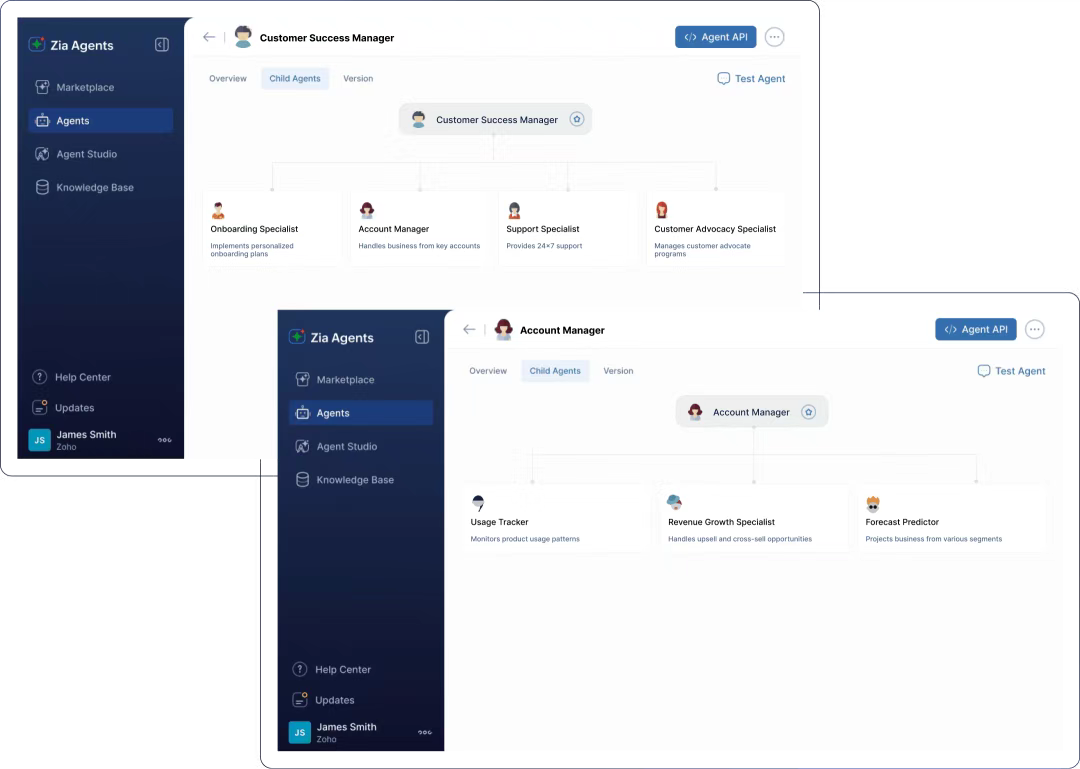
Used by over 250,000 businesses across 180 countries, Zoho CRM has been featured in Gartner’s SFA Magic Quadrant report for 12 consecutive years. It offers diverse management functions, including sales automation, multi-channel communication, and customer data analytics, with a high cost-performance ratio. However, some advanced features require additional purchases.
It is suitable for domestic small and medium-sized enterprises and foreign trade businesses. With its built-in AI sales assistant, it optimizes sales processes, reduces manual data entry, and enhances sales and customer service efficiency.
4. Kuailu Cloud
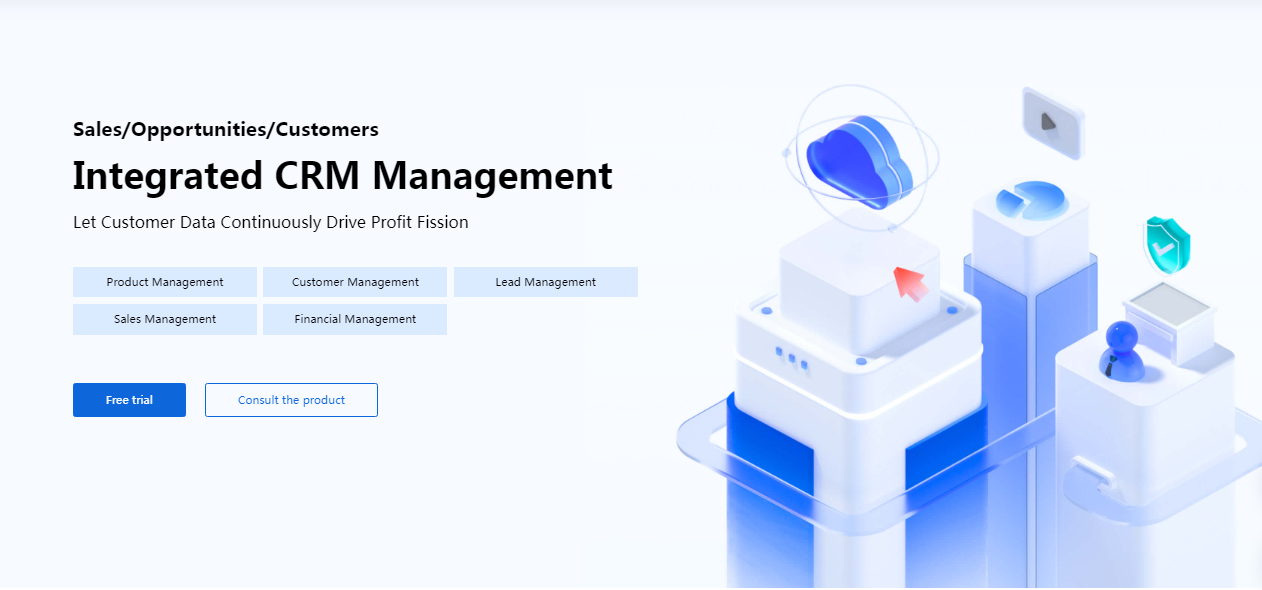
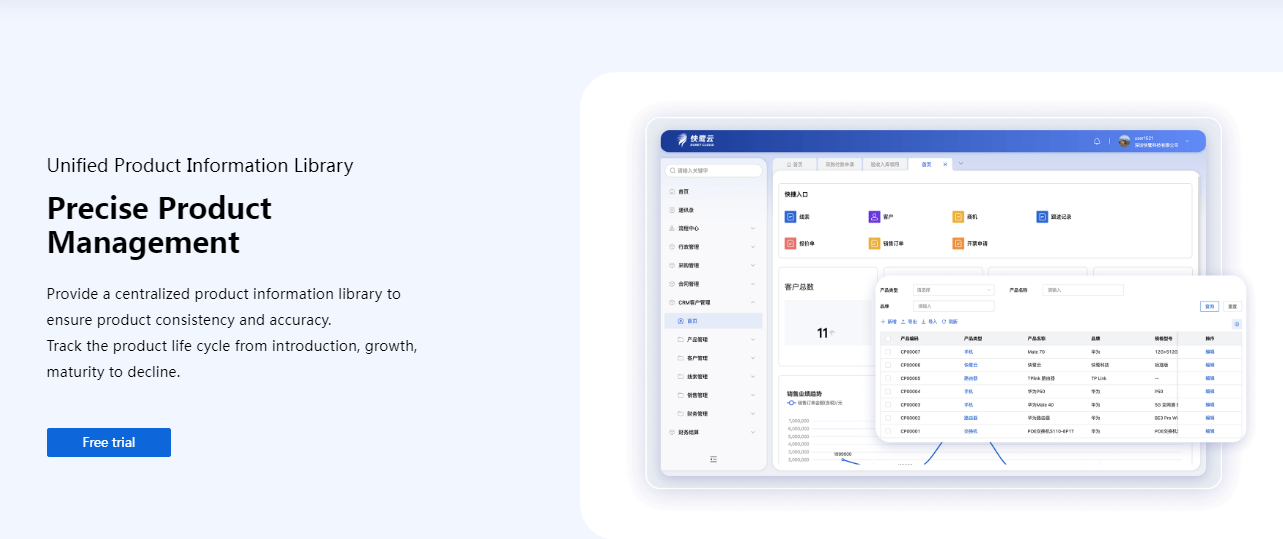
Kuailu Cloud is a new generation of enterprise office AI agents, dual-driven by data and AI. It enables intelligent operations such as synchronizing form data and automatically sending SMS and email notifications. Users can easily build a CRM management system and access comprehensive sales and marketing automation solutions.
Kuailu Cloud excels in customer data management and analysis. By learning from historical data and patterns in business processes, it automatically optimizes workflow design, improves efficiency, identifies bottlenecks and optimization points, reduces costs, and enhances user experience. It is an excellent choice for companies seeking to quickly adopt digital management.
5. Yonyou CRM
Tailored for domestic enterprises, Yonyou CRM offers solutions that align with local market needs. It excels in financial management and supply chain management but may lag behind international counterparts in terms of global services and ecosystem development.
It is suitable for domestic companies focused on localized services and financial management. By optimizing financial and supply chain processes, it helps improve internal management efficiency and market competitiveness.
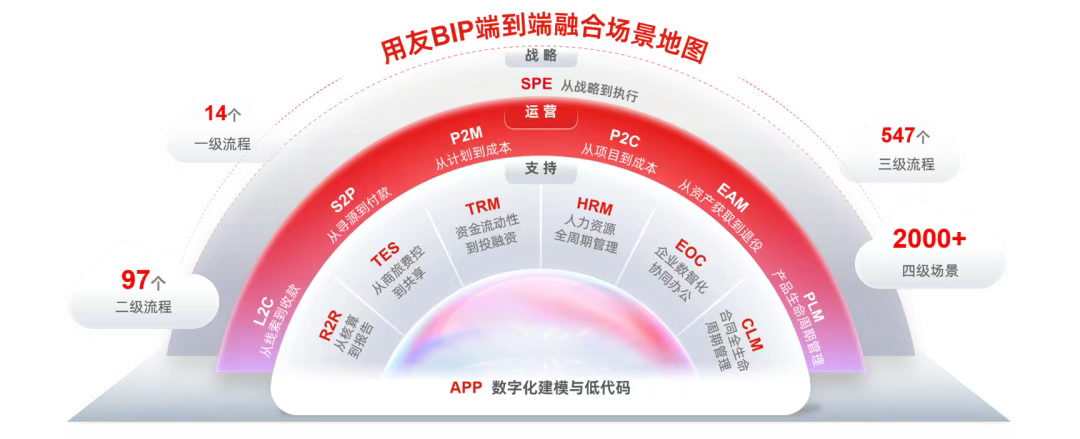 Overall, these five CRM management systems each have distinct characteristics. Enterprises should select the most suitable system based on their specific business needs, scale, and budget. With an effective CRM system, businesses can better manage customer relationships, enhance sales efficiency, and drive sustained growth and competitiveness in the market.
Overall, these five CRM management systems each have distinct characteristics. Enterprises should select the most suitable system based on their specific business needs, scale, and budget. With an effective CRM system, businesses can better manage customer relationships, enhance sales efficiency, and drive sustained growth and competitiveness in the market.



